Frontlist | New book reveals stories of WWI Indian soldiers 'coolies'
Frontlist | New book reveals stories of WWI Indian soldiers 'coolies'on Dec 09, 2020
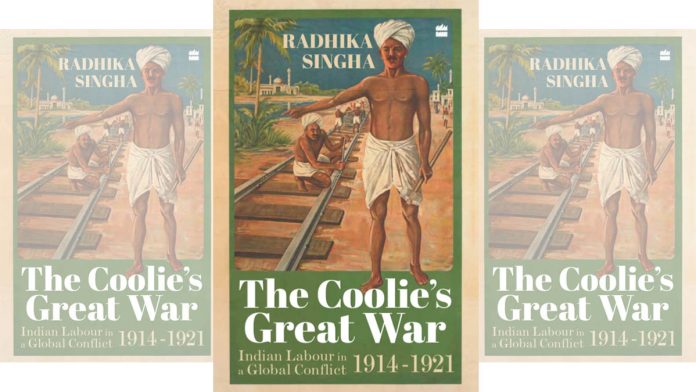
‘The Coolie’s Great War’ by Radhika Singha, published by HarperCollins India, will be released on 12 December on ThePrint's SoftCover
During World War I, over 5,50,000 men in the Indian Army were non-combatants who completed tasks like porting, construction, maintaining supply lines and transporting the wounded.However, over the years, the contribution of these men, who constituted the ‘Coolie Corps’, has largely remained forgotten.
In ‘The Coolie’s Great War’, author Radhika Singha recovers the stories of these men, who are invisible from history, and their unacknowledged services during the Great War. The book, published by Harper Collins India, is due to be released on 12 December on ‘SoftCover’, ThePrint’s e-venue to launch select non-fiction books. These men from the ‘Coolie Corps’ were called ‘coolies’ and sustained the military infrastructure of the British empire. They were viewed as racially subordinate and were subjected to ‘non-martial’ designations. However, they used the warring sides’ need for their services as leverage to fight back against prejudice, wage differences and service hierarchies. In the book, Singha, who is a professor of Modern Indian History at Jawaharlal Nehru University, views World War I through the lens of Indian labour, constructing a distinct geography of the war beyond India’s frontier battlefronts.
However, they used the warring sides’ need for their services as leverage to fight back against prejudice, wage differences and service hierarchies.
In the book, Singha, who is a professor of Modern Indian History at Jawaharlal Nehru University, views World War I through the lens of Indian labour, constructing a distinct geography of the war beyond India’s frontier battlefronts.
Singha has also authored the book ‘A Despotism of Law: Crime and Justice in Early Colonial India’. Her research focuses on the social history of crime and criminal law, identification practices, governmentality, borders and border-crossing.
Praise for the book
Tanika Sarkar, a former JNU professor, said that the book explores the fate of Indian menial labourers in a narrative that is “as complex as it is compelling”.Santanu Das, Professor at the University of Oxford called it a “book of rare scholarship and imagination”, while Georg-August University of Göttingen’s professor Ravi Ahuja said that the book stands out among the “recent bumper crop of World War studies”.
“This important work illuminates a little-known and fascinating aspect of the Indian experience of the First World War. It reveals insights not only into British imperial policy and the British Indian military, but also into Indian society and its development in the first part of the twentieth century,” said Anatol Lieven, professor at Georgetown University in Qatar.
Authors
book news
Book On Indian Soldiers of WWI
Frontlist Book News
Frontlist India news
Indian authors
Indian Authors New Book Launch News
Indian Soldiers During WWI
New Book Launch News Frontlist
Publishers
Publishing
World War I
Writers

.jpg)







.jpg)
.jpeg)
.jpg)
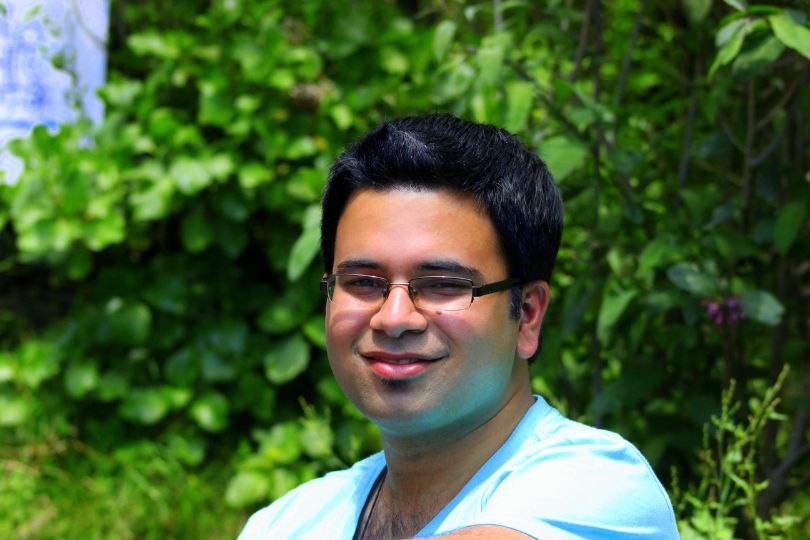

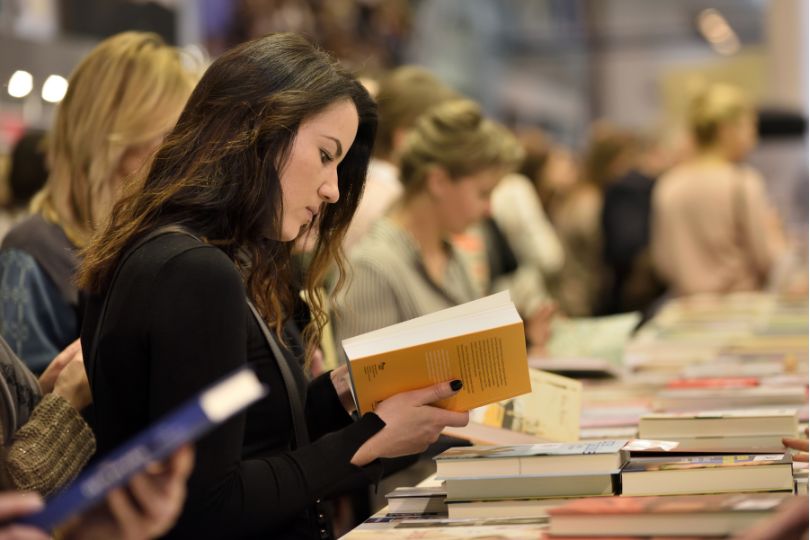
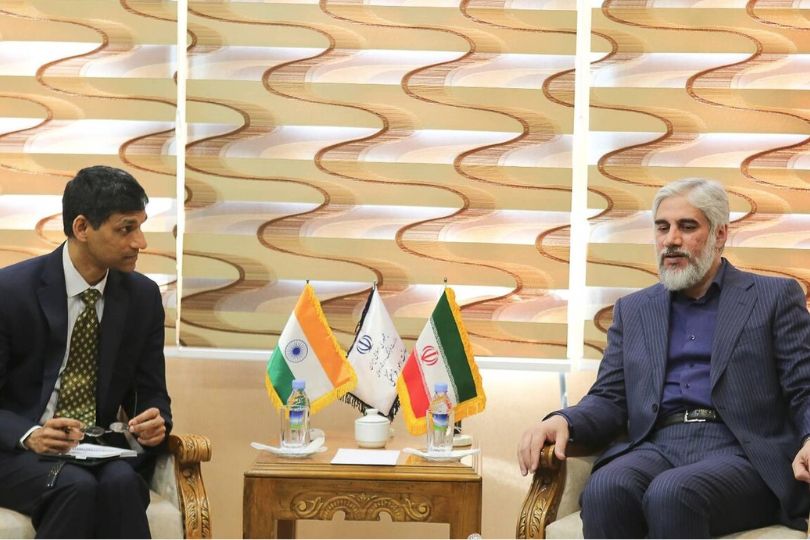
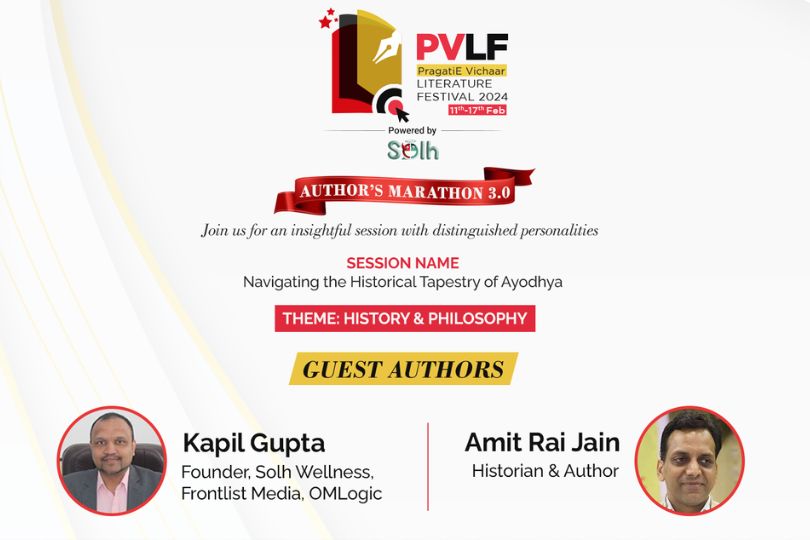











Sorry! No comment found for this post.